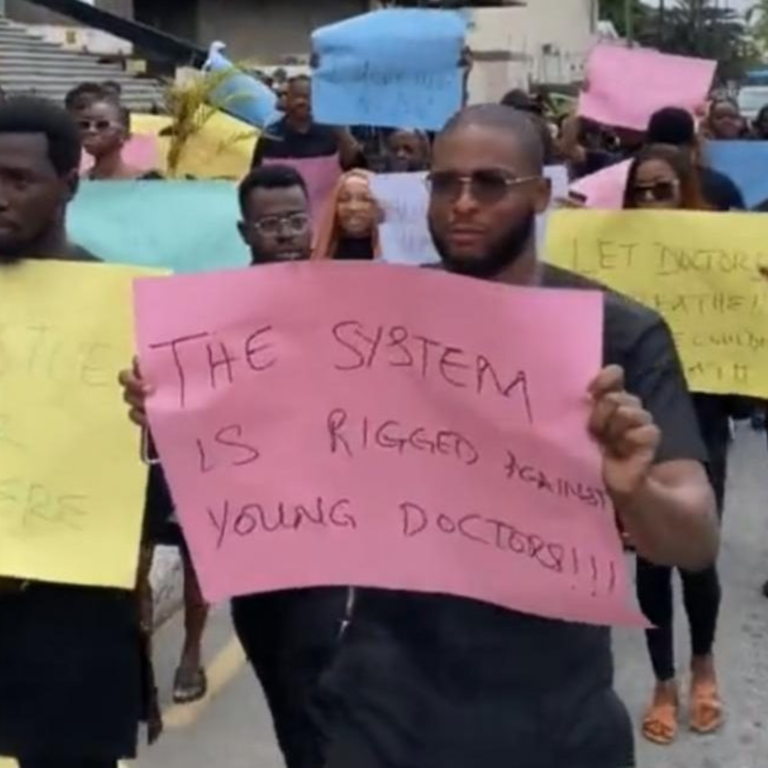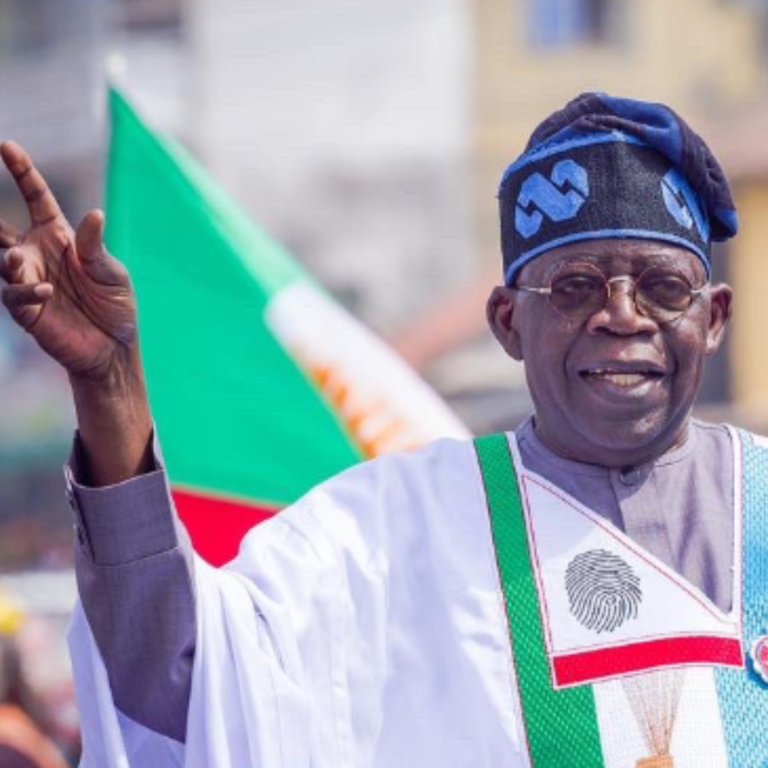The 9th National Assembly will be dissolved in less than two months, but it looks like they’re focusing on finishing some side quests.
On April 13, 2023, a harmonised version of the Peace Corps Bill passed the third reading and was forwarded to President Buhari for assent within 30 days. This Bill would change the name “Peace Corps of Nigeria” to the Nigerian Peace Corps. And it’ll transform the agency from its volunteering template into one funded by the federal government.
The road to this has been challenging. The Bill was first proposed by the National Assembly in 2017, but it was rejected by the president based on lack of funds and concerns over it replicating existing security agencies. Amidst these concerns, there were reports of the members of the National Assembly taking bribes to pass the Bill.
Regardless, the Bill was reintroduced in 2019, and this time, the National Assembly claimed that it had addressed the previously raised issues.
We need to know, however, who the Peace Corps of Nigeria are and its functions.
History of the Peace Corps of Nigeria
PCN was founded on July 10, 1998, by Dr Dickson A.O., who was 25 years old, to engage unemployed youths, productively: by giving them purpose and engaging them in paramilitary activities.
Some of the functions of the Peace Corps are:
- Job creation through the provision of alternate employment
- Social and economic development through volunteering programmes and partnerships with Non-Governmental Organisations (NGOs) and governments.
- Organising immunisation, census and sanitation programmes.
- Check criminal activities and insecurity with volunteers who form vigilante groups or neighbourhood watch.
Hopefully, the approval of this Bill will ease the Peace Corps in performing their duties, and it won’t be another proxy for corrupt politicians.




